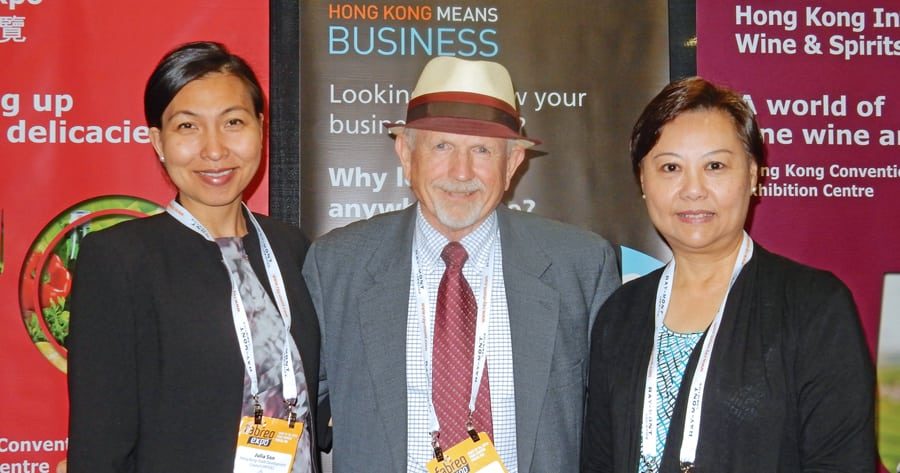
Turning opportunity into reality for our dynamic food, beverage industry
By Gary A. White
Nothing worthwhile happens easily or quickly. But, it does happen. A case in point is TRIDEC’s FABREO (Food and Beverage Retention & Expansion Opportunities) program.
One doesn’t have to look far to realize the Tri-Cities is located in the middle of one of the most dynamic food and beverage regions in the world. After all, so I am told, we are the “Wine Capital of Washington State” as well as the “French Fry Capital of the World.”
In 2014 we scratched our collective heads wondering how the industry represented manufacturing overall in Benton and Franklin counties.
In 2013 food and beverage processing accounted for 45 percent of manufacturing companies, 58 percent of manufacturing wages and 68 percent of manufacturing employment in the two county market, according to the Washington State Employment Security Department.
Obviously successful, was there anything TRIDEC could do to help the industry be even more successful? The best way to find out was to talk with the folks.
In 2014, TRIDEC launched the Columbia Basin Food & Beverage Processing Survey, literally visiting 51 beverage and 21 food companies to get a better understanding of the local industry. Based on the survey’s findings, TRIDEC identified seven opportunities the community could address to minimize and maximize advantages:
- Develop a Hospitality Program. In 2015 Washington State University Tri-Cities launched its Hospitality Business Management program.
- Develop a Culinary School. In 2016 Columbia Basin College announced plans to build a culinary school at the Columbia Gardens Urban Wine & Artisan Village in Kennewick.
- Develop a Food Processing Training Program. This would be a business degree program with a specialty in the food and beverage industry.
- Develop a Technical Skills Training Program. Columbia Basin College recently launched two Technical Skills Training Programs for the region’s food processors: Certified Production Certificate (CPT), which addresses the core competencies for higher skilled production workers, and Certified Logistics Certificate (CLT), which addresses the core technical competencies of higher skilled, frontline material handling workers in supply chain facilities.
- Produce an event to showcase locally processed foods to buyers. The FABREO Expo was successfully launched in 2015 with a second event in 2016. The third annual FABREO Expo is scheduled for June 14-15 at the TRAC facility in Pasco. The expo is a trade-only event and all participants must be at least 21 years old. The expo has proven to be very successful in bringing food and beverage processors together with industry brokers, distributors, retailers, exporters and service providers from throughout Washington, Oregon and Idaho.
- Develop a public relations program. This effort is targeted at community and trade media utilizing social media, e-newsletters and blogs as well as personal contact at industry events.
- Develop the Strategic Gateway Concept. The Strategic Gateway Concept takes advantage of the Columbia Basin’s location as the natural gateway between America and Asia for the food and beverage industry, focusing on Trade and Investment; Education, Research and Development; Packaging, Storage and Logistics and Food and Beverage Tourism.
Two major steps have been accomplished: In 2015 TRIDEC entered into Memorandums of Understanding with the Hong Kong Trade Development Council and the People’s Government of Wulanchabu, Inner Mongolia, China.
It started with simple observation. It proceeded to getting in my pickup truck and hitting the road — often a dusty, rutted road — speaking with 71 people whose passion is food and beverage, the future of the industry and the Tri-Cities’ role in that industry. We took their “opportunities” and shared them with the community. The community, in typical Tri-Cities’ fashion, pulled up its sleeves, went to work and turned those opportunities into reality.
Nothing worthwhile happens easily or quickly. But, at least in the Tri-Cities, it does happen.
[panel title="About Gary A. White:" style="info"]
Gary A. White is the director of business retention and expansion for the Tri-City Development Council, or TRIDEC. Reach him at 509-735-1000, gwhite@tridec.org.
